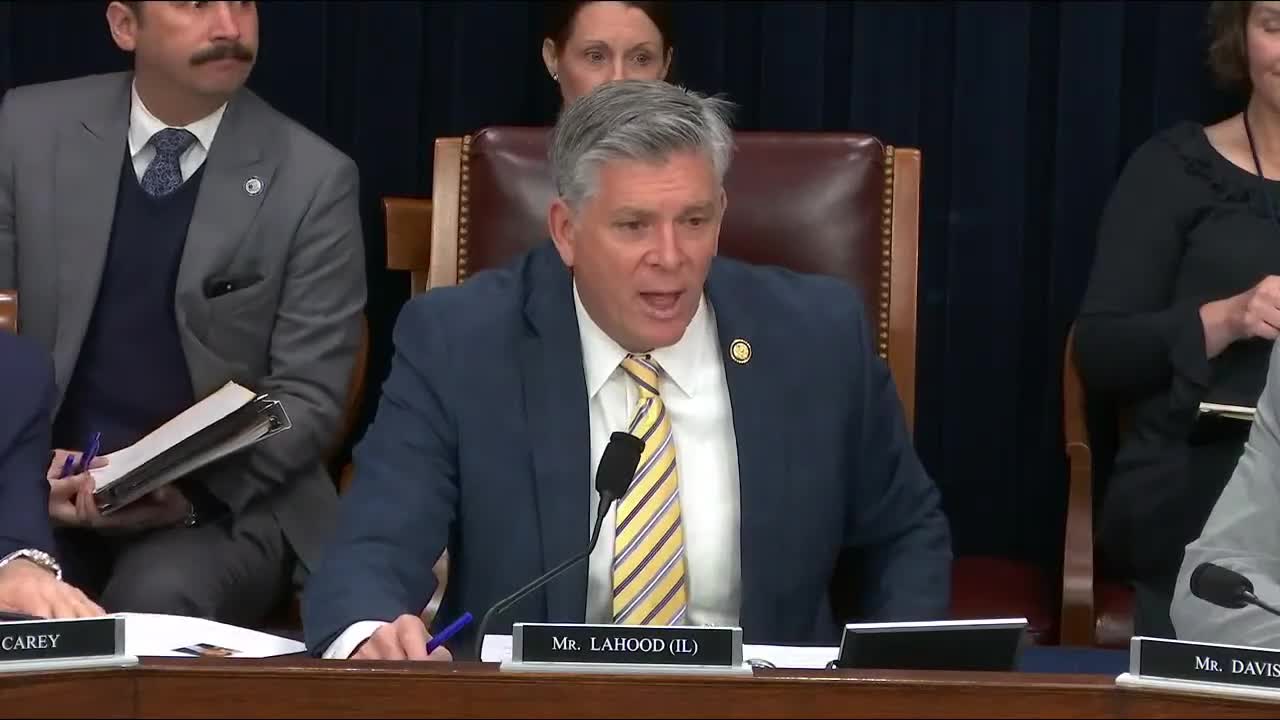Nonprofit witnesses urge prioritizing 'relational health' and training alongside tech
Get AI-powered insights, summaries, and transcripts
Subscribe
Summary
Connect Our Kids, Lawrence Hall and Think of Us told lawmakers that family connections and workforce supports are the core of positive outcomes for foster youth and that technology must multiply — not replace — that relational work.
Dr. Jennifer Jacobs of Connect Our Kids framed "relational health" — connections to caring adults who provide belonging and identity — as the foundational sixth goal of the John H. Chafee Foster Care Program. She said Connect Our Kids' tools have been piloted to serve tens of thousands of children and recommended clearer guidance allowing Chafee funds to be used for family-connection tools, professional training and centralized relational-health education.
Lashienda Carr described LifeSet and Guidetree, workforce and casework supports that reduce caseloads, provide weekly supervision and offer a ZIP-code-based resource lookup to connect youth to local services. Carr gave examples where family reconnection stabilized placements and reduced homelessness risk.
Michael Leach, drawing on decades in state systems, warned that technology without systemic redesign can accelerate failures; he urged prevention, stronger family supports, legal navigation for time-sensitive issues such as eviction defense, and a refocus of federal roles from compliance to support and innovation where helpful.
Members asked about ETV awareness and how digital outreach (links to youth phones, peer-to-peer efforts) can increase uptake. Witnesses said technology plus training and outreach can improve ETV use but noted that vouchers may not fully cover college costs.
